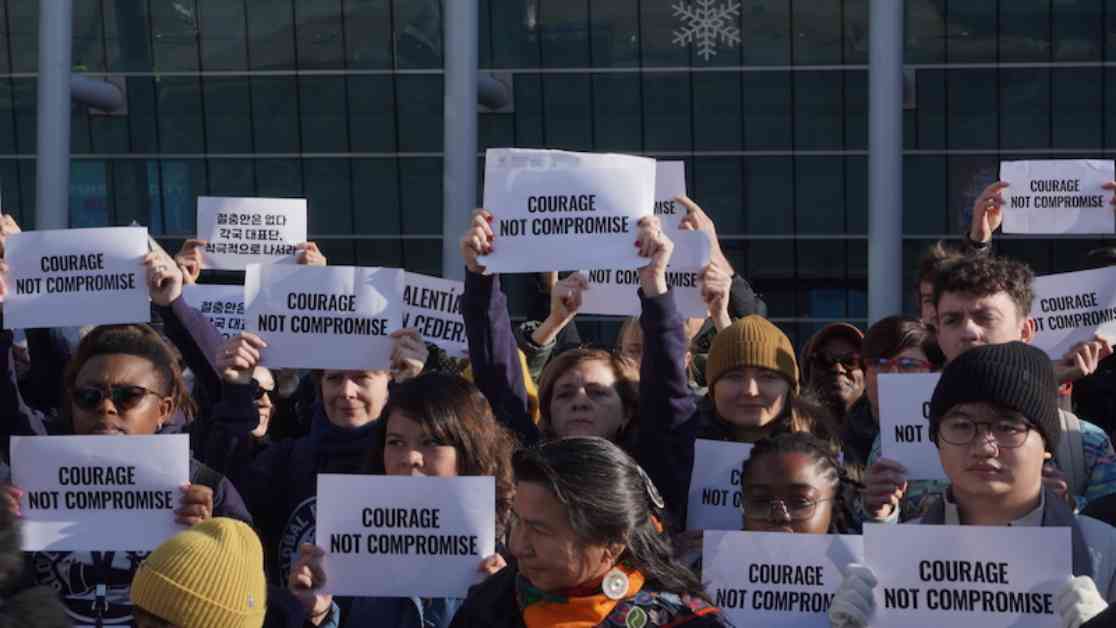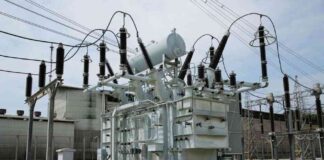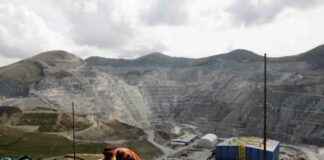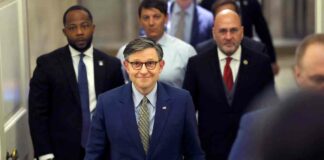Analyzing the Divide on Production Cuts
Diplomats from high-ambition countries urge petrostates to compromise as the latest draft text for a global treaty to end plastic pollution leaves all to play for in the bustling city of Busan, South Korea. As the plastic talks continue without a resolution in sight, tension mounts among delegates from around the world.
Political Standoff
Juan Carlos Monterrey Gómez of Panama delivers a firm message to the oil and gas-producing countries, led by Saudi Arabia, Russia, and Iran, calling for compromise or stepping aside to allow progress. The push for plastic production cuts in a proposed UN pact intensifies, with a coalition of nations advocating for stricter regulations to combat pollution.
Stalemate Breaker
In a bold move to break the deadlock, Ecuador’s Luis Vayas Valdivieso introduces a new 23-page draft text, addressing various issues, including defining plastic and proposing a global target to reduce primary plastic polymer production to sustainable levels. The divide becomes clear as petrostates reject manufacturing curbs, contrary to the treaty’s original intent to cover the full plastic lifecycle.
Calls for Action
Amidst the negotiations, Panama’s Monterrey Gómez emphasizes the need to set aside differences and aim for a comprehensive treaty that addresses the environmental impact of plastics. Andrew Yatilman of the Federated States of Micronesia appeals to petrostates to consider the broader implications of their stance on plastic pollution, highlighting the devastating effects on economies reliant on industries like fishing.
Seeking Unity
As the talks progress, campaigners rally for stronger commitments from all nations, emphasizing the urgency of decisive action to combat plastic pollution. With financial considerations playing a crucial role in shaping the final agreement, the debate intensifies between developed and developing countries over funding mechanisms and contributions.
As the negotiations reach a critical juncture, the world watches to see if a consensus can be reached to address the pressing issue of plastic pollution or if the talks will only yield agreements at unrelated events in the bustling city of Busan. The clock is ticking, and the fate of the planet hangs in the balance.














